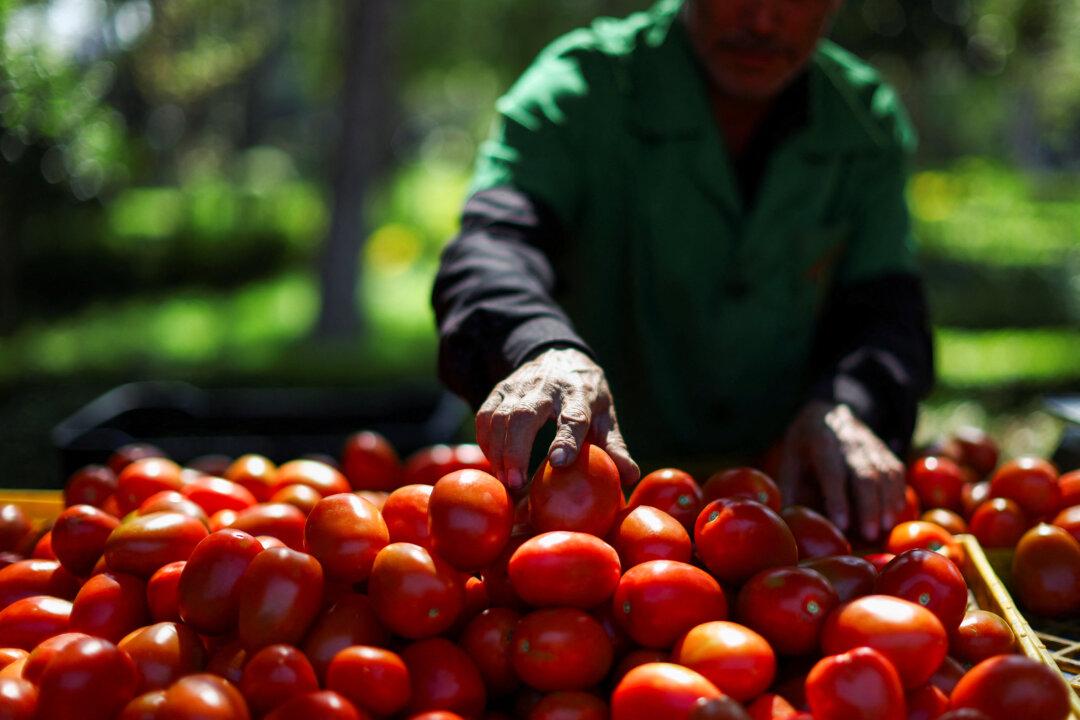The Department of Commerce intends to withdraw from an agreement with Mexico on tomato imports, a move that will let the Trump administration impose 21 percent duties on the product.
The 2019 Agreement Suspending the Antidumping Investigation on Fresh Tomatoes from Mexico will be terminated in 90 days as it has “failed to protect U.S. tomato growers from unfairly priced Mexican imports,” said an April 14 statement from the department.





